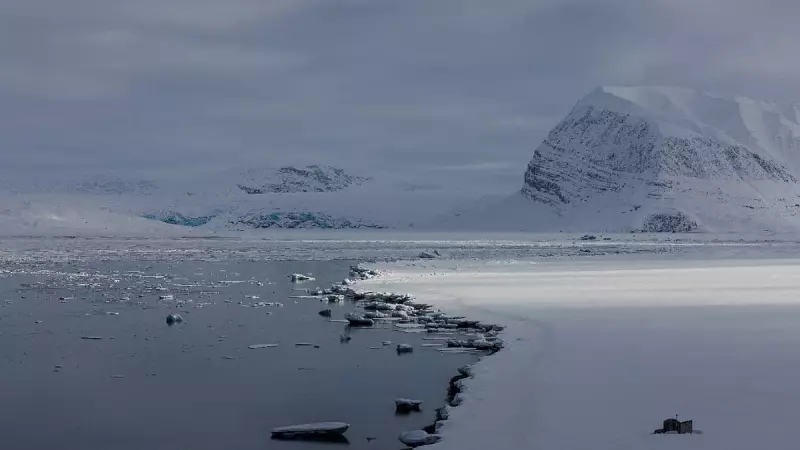
The Earth's icy realms are vanishing at a pace that has left scientists deeply concerned, with a comprehensive new analysis revealing the staggering scale of global ice loss over the past three decades.
The Shocking Numbers Behind the Melt
According to groundbreaking research, our planet has lost a mind-boggling 28 trillion tonnes of ice between 1994 and 2017. To put this in perspective, that's enough ice to blanket the entire United Kingdom in a frozen layer over 100 meters thick.
The study, conducted by a team of British researchers who analyzed satellite data and numerical models, shows that the rate of ice disappearance has accelerated dramatically from 0.8 trillion tonnes per year in the 1990s to 1.3 trillion tonnes per year by 2017.
Where Is All This Ice Disappearing From?
The ice loss is occurring across all frozen frontiers of our planet:
- Arctic Sea Ice: 7.6 trillion tonnes lost
- Antarctic Ice Shelves: 6.5 trillion tonnes vanished
- Mountain Glaciers: 6.1 trillion tonnes melted
- Greenland Ice Sheet: 3.8 trillion tonnes disappeared
- Antarctic Ice Sheet: 2.5 trillion tonnes lost
The Dire Consequences for Our Planet
This unprecedented melting carries severe implications for humanity and ecosystems worldwide. The most immediate threat comes from sea level rise, which has already increased by approximately 35 millimeters directly due to this ice loss.
Professor Thomas Slater, the study's lead author from the University of Leeds, emphasized the gravity of the situation: "Although every region we studied lost ice, losses from the Antarctic and Greenland ice sheets have accelerated the most."
A Global Climate Emergency
The research team warns that melting ice remains one of the primary contributors to sea level rise, creating an urgent threat to coastal communities around the world. As atmospheric and oceanic temperatures continue to warm due to climate change, the acceleration of ice loss appears set to continue.
This comprehensive assessment serves as a stark reminder that the climate crisis is not a future problem—it's happening now, with visible, measurable consequences that will affect generations to come.





